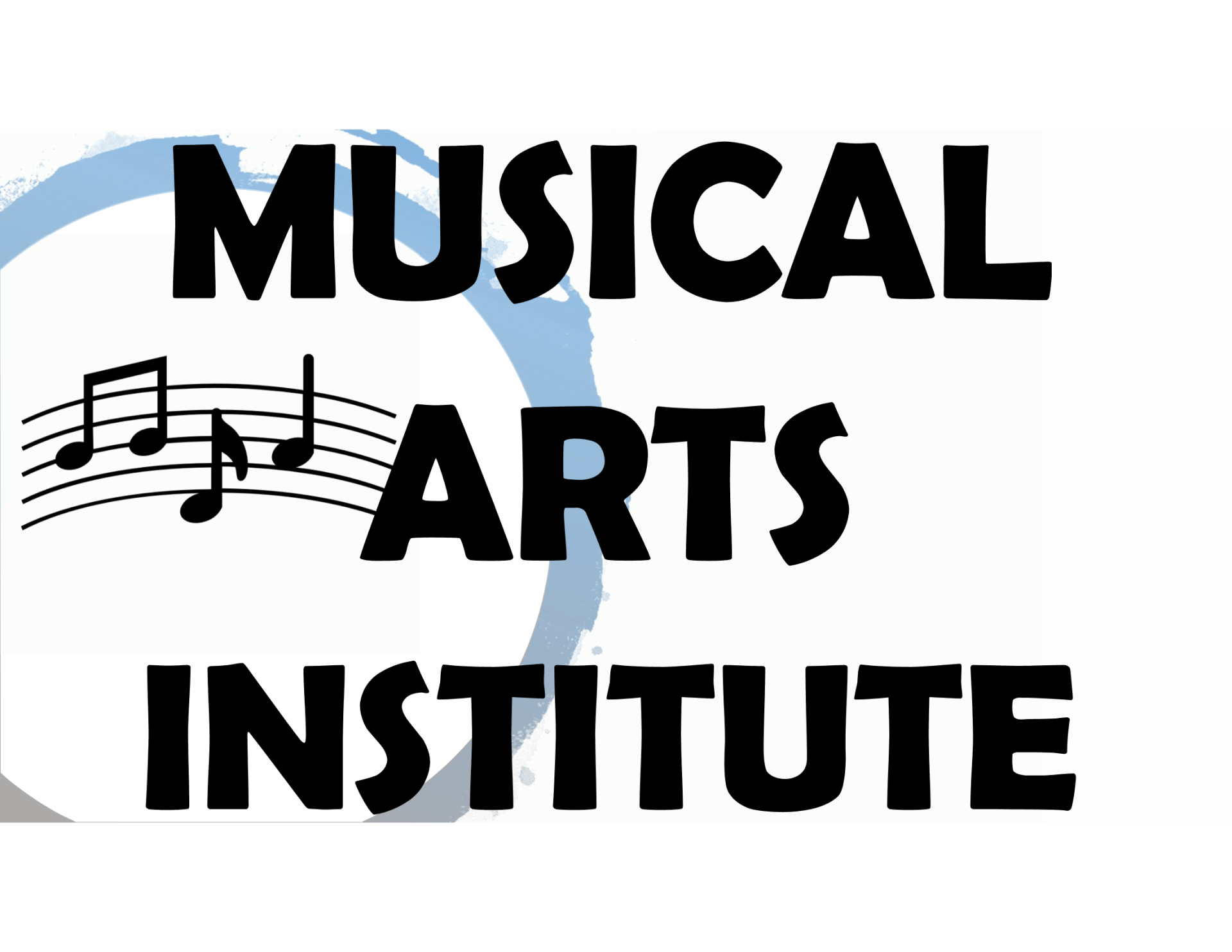New Paragraph
Get in touch
607-597-9227
sikora777@aol.com
Community Impact
CortlandMusic, Inc.,believes that everyone deserves to expand his or hers individual awareness and recognition of the value of the arts and arts education as central elements to a vibrant and equitable society; therefore CMI has planned programs and art projects for all ages and all sectors of our community to outreach with its programs from the elementary school children to senior citizens of the populated suburbs to the rural areas of our community.
Following the studies of Matarasso and Stern (1997-2001) (1) CMI believes that arts can be linked to social virtues of tolerance, inclusion, honesty, self-confidence and respect.
Studies suggest that artistic projects due to their accessibility and inclusiveness lead to increased social cohesion, improved intergenerational and interracial communication, and enhanced sense of community among dispersed individuals. Arts projects that typically bring people together for a prolonged period of time serve as natural venues in which friendships, partnerships and cooperation can develop. Such activities can also nurture local democracy by encouraging people to become more active citizens, teaching them valuable community building skills, and helping them to learn about complex political and social ideas. It is believed that civic outcomes of arts projects much like the civic outcomes of religious activities are achieved through learning skills necessary for participation in civic and political life, such as negotiating, public speaking, planning, and decision making (Verba, Schlozman, and Brady, 1995).
Common interest and passion for arts, and desire to sustain arts in the community motivate community members to learn how to engage with local government, community groups, businesses and funding agencies. As a result, individuals participating in art programs have higher rates of participation in civic activities that include advocating for arts and community causes, voting in elections and joining voluntary organizations (Wali et al. 2002). While these studies examining the social impacts of community arts projects are based on the premise of civic skill building, the studies that look into social benefits of audience-based participation are grounded in the belief that arts have the ability to contribute to “a stable, confident and creative society” due to their inherent “creativity, openness and elasticity” (Matarasso, 1997, p. 79). As Matarasso argued, “it is in the act of creativity that empowerment lies, and through sharing creativity that understanding and social inclusiveness are promoted”
Due to their accessibility and inherent inclusiveness, arts serve as a vehicle for bringing together individuals from diverse social, racial and economic backgrounds, thus breaking barriers of social isolation. Arts serve as an effective venue for social dialogue, help resolve community conflicts and mitigate racial tensions.
Three premises that involve the community and the arts are the following:
- Individuals who engage in higher levels of audience-based arts participation and who engage directly in artistic activity will demonstrate greater levels of other-regarding behavior.
- Individuals who engage in higher levels of audience-based arts participation and who engage directly in artistic activity will demonstrate higher rates of civic engagement.
- Individuals who engage in higher levels of audience-based arts participation and who engage directly in artistic activity will demonstrate greater levels of social tolerance (2).
1. Impact of the Arts on Individual Contributions to U.S. Civil Society, Working Paper. Kelly LeRoux & Anna Bernadska. Department of Public Administration University of Illinois at Chicago.
2. Ibid


